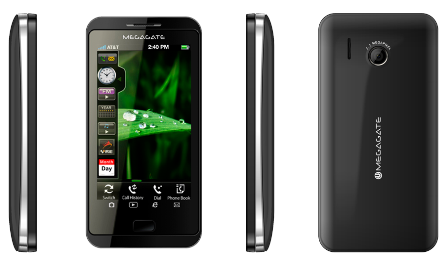Home security systems are equipment that is designed to make you, your home and valuables safer. They differ in value and technology as well as how they work. There are systems that are not only designed for alarm but also notify the authorities like medical emergency, detect smoke and carbon monoxide and water pressure. Some also include video surveillance and sometimes they are associated with your property’s wiring, lighting or heating systems. Some highly technical systems are controlled through your computer or mobile phones.
Most providers of home security alarm systems can offer services that are all-inclusive. The package includes the equipment, installation and surveillance service.
The FTC and state Attorney General encourage customers who are interested in buying home security systems to:
Buy through referral. The referral system is a reliable form of knowing whether the company has solid client base like your friends, neighbors, family, colleagues and even their existing clients. You need to know whether the company has installed the equipment within the stipulated time. If problems were met, did the company dealt with the issues in a timely manner. The company should also explain how the system works to all residents of the home. In cases of intrusion, were the authorities notified immediately?
Double check the companies using your internet and search engine. Read reviews from real people or clients especially their experiences with the company you are eyeing to. You should try to contact them offline if you need to clarify some details. You should also contact the state’s Attorney General, Better Business Bureau and local consumer protection agency to know whether the company has been filed complaint to.
Check the validity and standing of the contractor’s license. You can contact the National Association of State Contractors Licensing Agencies or NASCLA for the right authority in your state.
Obtain written quotes from a number of companies and thoroughly inquire. A reputable company will never try to offer their products or services without completing a thorough assessment of your requirements and your home’s layout. You should find out:
- Who will install and monitor the system? Are they going to subcontract to a third party?
- How long is the contract period for surveillance? Will they impose early termination penalties? How are they going to deal when the client moves before the contract ends?
- How much will the entire surveillance contract cost? What is their billing scheme?
- Will the company call you before they notify the police?
- What is the delay time between the sound of alarm and police notification?
- Will you be notified immediately after the alarm sound?
- What if you’re unreachable when the alarm sounds? Will they call the police? Or, will they call the alternate number given, if you have?
- What will happen when there is power failure? Is the system equipped with back-up battery system?
- Are they going to include warranty and what does it cover and how long? Is the warranty from the manufacturer or from the service provider?
- Are they responsible for the upgrades and repairs of the system?
- Can the company offer dynamic services like smoke and fire detection, video surveillance, special apps for phones, remote control and email notifications?
Read their policy. When you’ve already chosen the right company, you need to ensure that the written contract has everything they have verbally promised. The contract you will sign should include the following:
- Installation cost
- Monitoring fee either monthly or quarterly
- Period of contract
- Any discounts offered
- Written warranty for the system
- Right to cancel the deal should be explained
- Forms for cancellation
The contract you will sign should be dated and should bear the name and address of provider.
Check with the fire and police departments. You should inquire whether you need to register the system and if they will impose fines when false alarms occur.
It is imperative that you know you can cancel the deal. According to FTC’s Cooling-Off Rule, you are given three working days to cancel the deal as long as you signed the contract in your home or in locations that are not the provider’s official business place. There is no need to provide a reason why you are going to cancel the purchase. The right to change your mind is given to you and it doesn’t matter whether the system has been installed or not.
The cancellation form must be in two copies and should be given by the sales rep. You should have your own copy and one should be given back to the company as well as a copy of the contract you signed. The contract must bear the date; name and address of the provider and the sales rep must explain your cancellation rights. Under the state law, you may have extra consumer protections. Contact your state Attorney General, Better Business Bureau and local consumer protection agency.


